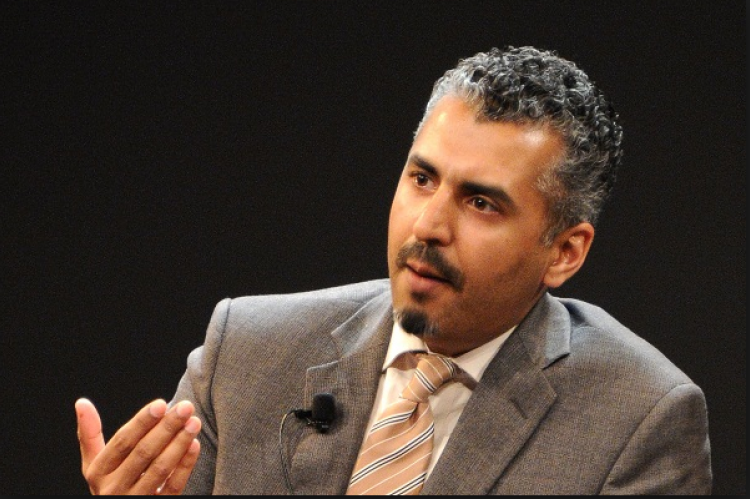Mistake: Presidential election system changed in 2011
Maajid Nawaz of the Daily Beast mistakenly claims Turkey’s presidential election system was changed in 2011 and Recep Tayyip Erdogan was elected as Turkey’s president in 2013
On 25 May 2016, Maajid Nawaz penned an article for the Daily Beast in which he wrote that in 2011, Turkish President Recep Tayyip Erdogan “changed the system, clearing the way for him to become the country’s first directly elected president in 2013.”1
However, Nawaz made two factual mistakes in the dates he gave. Turkey’s presidential election system was changed by constitutional referendum on 21 October 2007, not in 2011, and Erdogan won the presidential elections with 52 percent of the vote on 10 August 2014 and became the first president of the Republic of Turkey elected by popular vote.
How did the presidential election system change happen?
The president of Turkey had previously been elected by the Grand National Assembly of Turkey. Ahmet Necdet Sezer, the 10th President of Turkey, saw his term of office end in 2007 and a presidential election was held on 27 April 2007 in the parliament. However, the main opposition party Republican People’s Party (CHP) did not nominate any candidate and boycotted the elections. The candidate of the ruling Justice and Development Party (AK Party), Abdullah Gul, won 357 votes from the 550-seat parliament.
On the same day, the CHP filed a lawsuit to the constitutional court claiming a quorum for meetings was not reached. That evening the General Staff of the Republic of Turkey published a memorandum uttering the army’s “concerns” about the presidential elections and claimed the Turkish Armed Forces is the “absolute defender of secularism” and “would display its action openly and clearly whenever it is necessary”.2 The memorandum was regarded as a military intervention in politics.3
On 1 May 2007 the constitutional court approved the objection of the CHP and cancelled the election while deciding at least two-thirds of the members must be present for the elections to be valid.4
The AK Party called for a snap general election in order to solve the presidency crisis. At the same time it offered constitutional changes to elect the president by direct popular vote and to change the quorum for meetings to one-third of the members. The parliament approved the changes but the President Sezer vetoed it. The parliament again approved the changes and resent it to the president. Because the president does not have a constitutional right to veto a second time, he called for a referendum on 15 June 2007.5
The snap elections were held on 22 July 2007 and resulted in the entrance of the third opposition party, the Nationalist Movement Party (MHP) to the parliament. The quorum for the meeting was reached after MHP members participated in the presidential elections and Abdullah Gul was elected as the 11th President of Turkey on 28 August 2007.
The referendum for constitutional changes was held on 21 October 2007 and resulted in 69 percent support for the constitutional changes. By referendum, the president was decided to be elected by popular vote instead of by parliament; the presidential term was reduced from seven years to five and the quorum of deputies needed for parliamentary decisions was reduced from two-thirds to one-thirds.
Becuse then president Abdullah Gul was elected before the referendum, he served for seven years. In 2014, the 12th President, Recep Tayyip Erdogan, was elected with a simple majority of the vote in the first round and became the first president of Turkey elected by popular vote.
- 1. http://www.thedailybeast.com/articles/2016/05/25/the-madness-of-turkey-s...
- 2. https://web.archive.org/web/20090614024445/http://www.tsk.tr/10_ARSIV/10...
- 3. http://news.bbc.co.uk/2/hi/europe/6602661.stm
- 4. http://www.milliyet.com.tr/2007/05/01/son/sonsiy25.asp
- 5. http://www.hurriyet.com.tr/sezer-referandum-dedi-6715824



